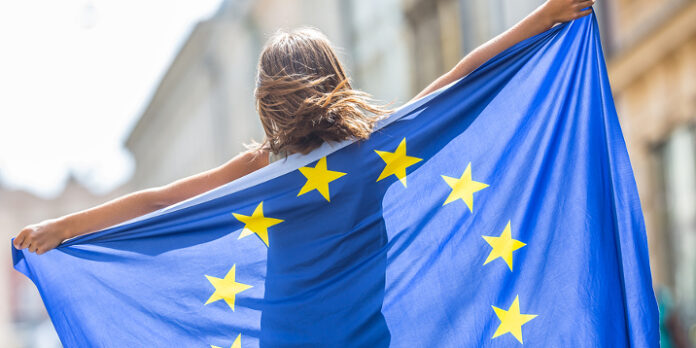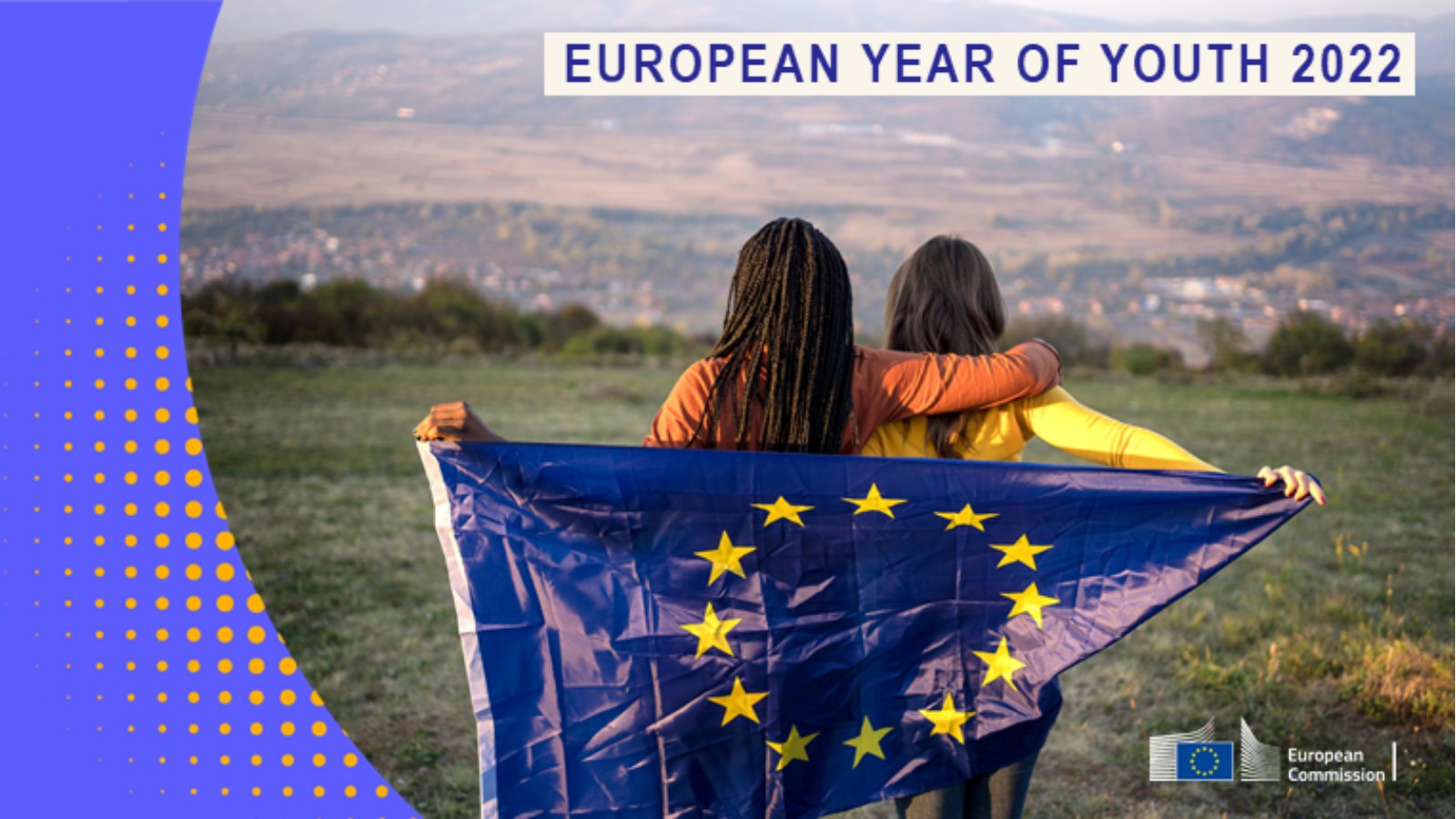
The European Parliament and the Council decided to declare 2022 the European Year of Youth (22 December 2021). This proposal was announced by the President of the European Commission, Ursula von der Leyen, in her 2021 State of the Union address, when she considered that the pandemic has deprived young people of many opportunities: Covid has had a strong negative impact on education, employment and mental health; for those in rural and remote regions, migrants and refugees, also the digital gap has increased with distance learning a major concern; furthermore young women are likely to be more affected.
The aim of the European Year of Youth is to foster democratic awareness and engagement among young people in Europe. In particular, the EU intends to renew the positive perspectives for them, highlighting how the green transition, the digital transition and other Union policies offer opportunities. The European Year especially aims to encourage especially those with fewer opportunities, from disadvantaged, rural or remote backgrounds, or belonging to vulnerable groups, such as migrants and refugees – I hope –, to become “active citizens and actors of positive change”.
This Year will go hand in hand with the implementation of NextGenerationEU in providing quality jobs, education and training opportunities for young people. The Commission intends also to draw inspiration from young people to further strengthen and reinvigorate the common EU project during the Conference on the Future of Europe. In this regard the Citizens’ Panels for one-third are composed of young people (age 16-25), and Panel representatives to the Conference Plenaries are young people too, while the President of the European Youth Forum also takes part in Plenaries.
There are already nine opportunities provided by EU for young people, that will be reinforced, the first two in particular: Erasmus+, European Solidarity Corps, DiscoverEU, EU Youth Dialogue, European Youth Week, Youth Guarantee, Erasmus for young entrepreneurs, Traineeships, Your first EURES job. Besides, in 2022, the new program called ALMA (Aim, Learn, Master, Achieve) will be launched to support cross-border professional mobility for “not in employment, education or training” (NEETs). With this new initiative, the EU Parliament, Commission and Council reaffirm their commitment in the European Pillar of Social Rights and, with other programs as the updated Digital Education Action Plan, to promote the inclusion.
During 2022, the Commission aims to increase the internal cooperation between different EU policy areas having an impact on youth, and to take the youth perspective into account in relevant EU policies. EU Youth Coordinator – the first one nominated in June 2021 – will strive for this. But the Commission’s activities will be communication and promotion of debates. The initiatives of the European Year of Youth will be organized by each Member State at national, regional and local, in coordination with the Commission, civil society organizations and young people (the Youth Wiki online platform provides an overview of national youth policies in 32 European countries).
The EU Youth Strategy 2019-2027 (“Engage. Connect. Empower”) is the framework for EU youth policy cooperation, whose Work Plan for 2022-2024 will primarily focus on the resilience and recovery of youth and the youth sector in the post COVID-times. This will follow the priorities highlighted in the 11 Youth Goals, such as equality and inclusion, sustainability, mental health and well-being, and quality employment. In addition, for the European Year of Youth, the Commission has created a dedicated website: Youth Portal; and has published its latest EU Youth Report on the implementation of the EU Youth Strategy.
The European Year of Youth 2022 is of great importance for JESC. The Jesuits have taken on four Universal Apostolic Preferences for themselves, that give a horizon and unite in the mission. The third one is: accompanying young people in creating a future full of hope. For this reason JESC invests a lot of energy with the European Leadership Programme, for which the 2022 Spring Cohort applications are now open.
It will be difficult to verify the outcomes and the success of this European Year. Young people have no or little influence on public policy and political decision making. They are a small presence in the European ruling class. But young people are the present, and they are the ones who, with cross-cutting initiatives, as well as the European Year of Youth, can become truly European political leaders as soon as possible (and not maybe just national ones on loan to the EU).
Luciano Larivera SJ
Secretary for European Affairs


